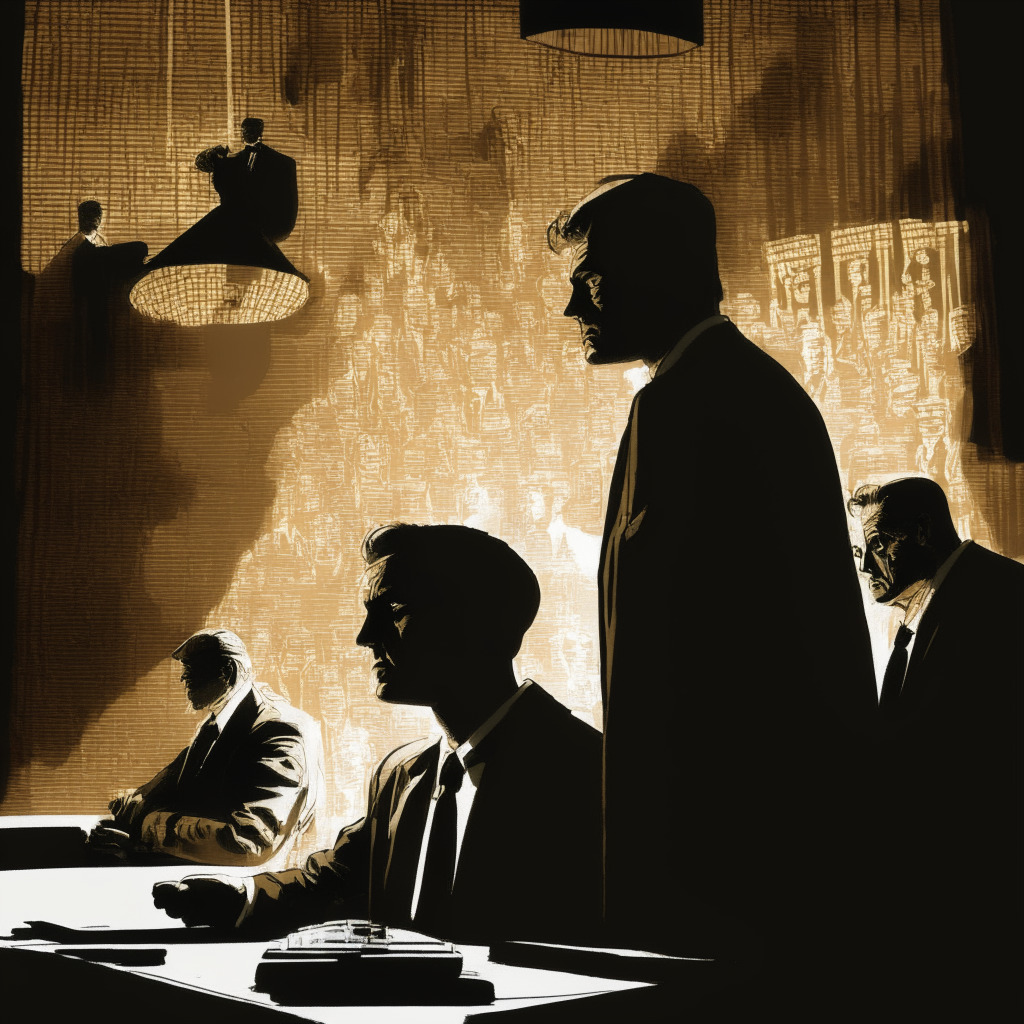Recent actions by the United States government have reignited discussions about the judiciousness and effectiveness of regulatory frameworks surrounding cryptocurrencies and the broader digital asset sector. In a surprising turn of events, the US government raised objections against potential juror selection questions in the case against ex-FTX CEO, Sam Bankman-Fried.
This came as a result of the defense’s proposal to initiate open-ended discussions revolving around issues like effective altruism, attention-deficit/hyperactivity disorder (ADHD), political donations, and lobbying. U.S. Attorney Damian Williams labelled these questions as “unnecessary” and “prejudicial”, sparking a flurry of reactions, including skepticism, throughout the crypto community.
Critics perceive this as the government’s attempt to curtail the broader conversation about the changing dynamics of the financial landscape triggered by cryptocurrencies. The defendant, Bankman-Fried, who is facing charges connected to the collapse of the crypto exchange FTX, is known to be an advocate of effective altruism, a philosophical movement advocating for improving lives and mitigating suffering through optimal charitable endeavors.
On the other hand, the government believes the questions to be irrelevant distractions attempting to build a defense narrative. Interestingly, one of the defense’s proposed questions is: “If a company involved in the cryptocurrency industry or the financial industry fails, do you feel that only the owners of the company must be to blame?” These defense approaches might be seen as a covert way of highlighting the inherent risks in the nascent crypto industry and the complexities surrounding regulatory scrutiny.
This emerging narrative brings to focus the need for balanced and broad-minded discussions about the crypto industry. Policies and regulations ought to be built upon thorough understanding and unbiased scrutiny. Unnecessary simplification or over-complication could skew the judgements and hinder this progressive technological revolution.
Crypto enthusiasts and skeptics alike are keen to see the spectacle unfold as Bankman-Fried takes the stand in the imminent trial. The outcome of the case may well influence future regulatory approaches within this dynamic, burgeoning industry.
Source: Cointelegraph




